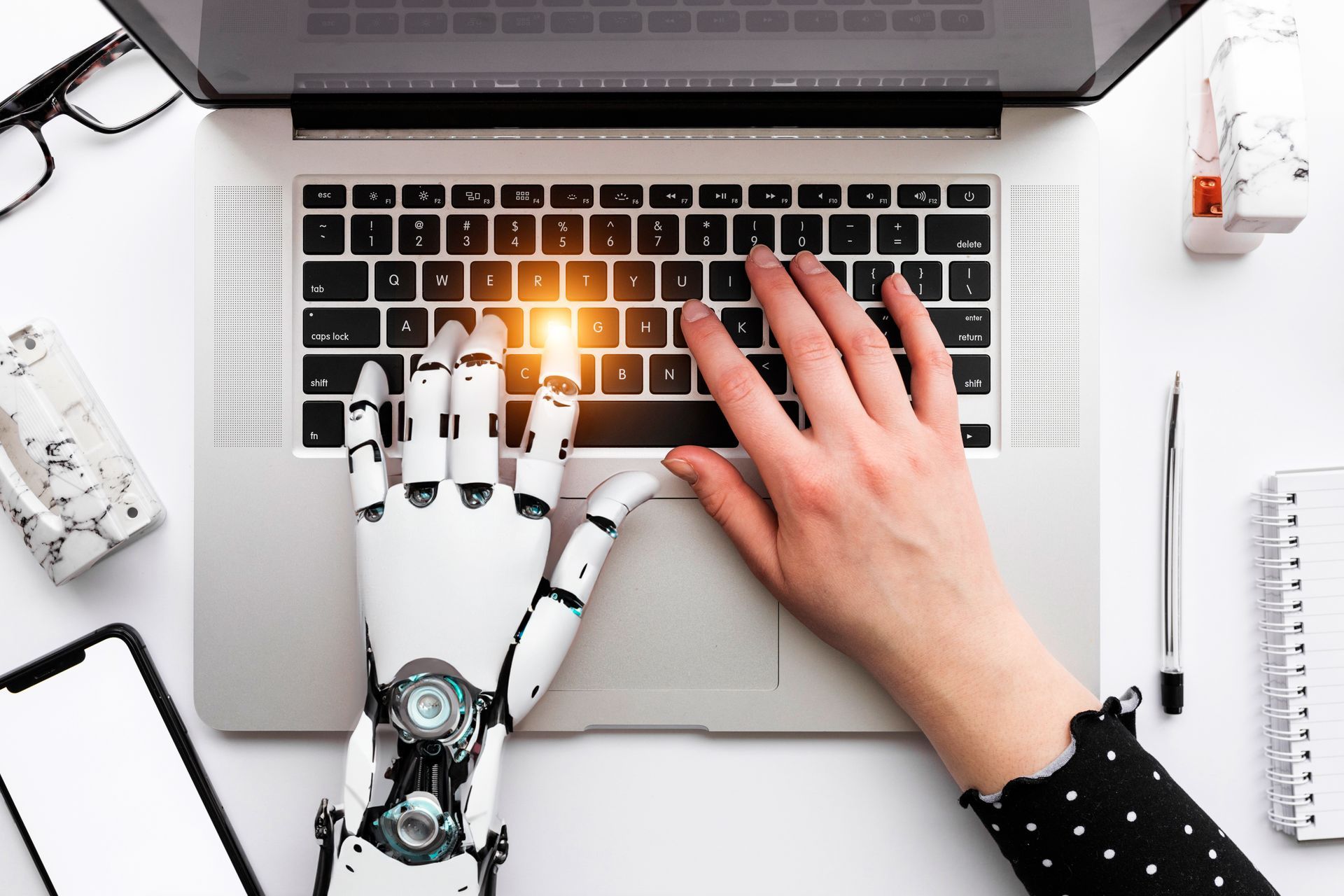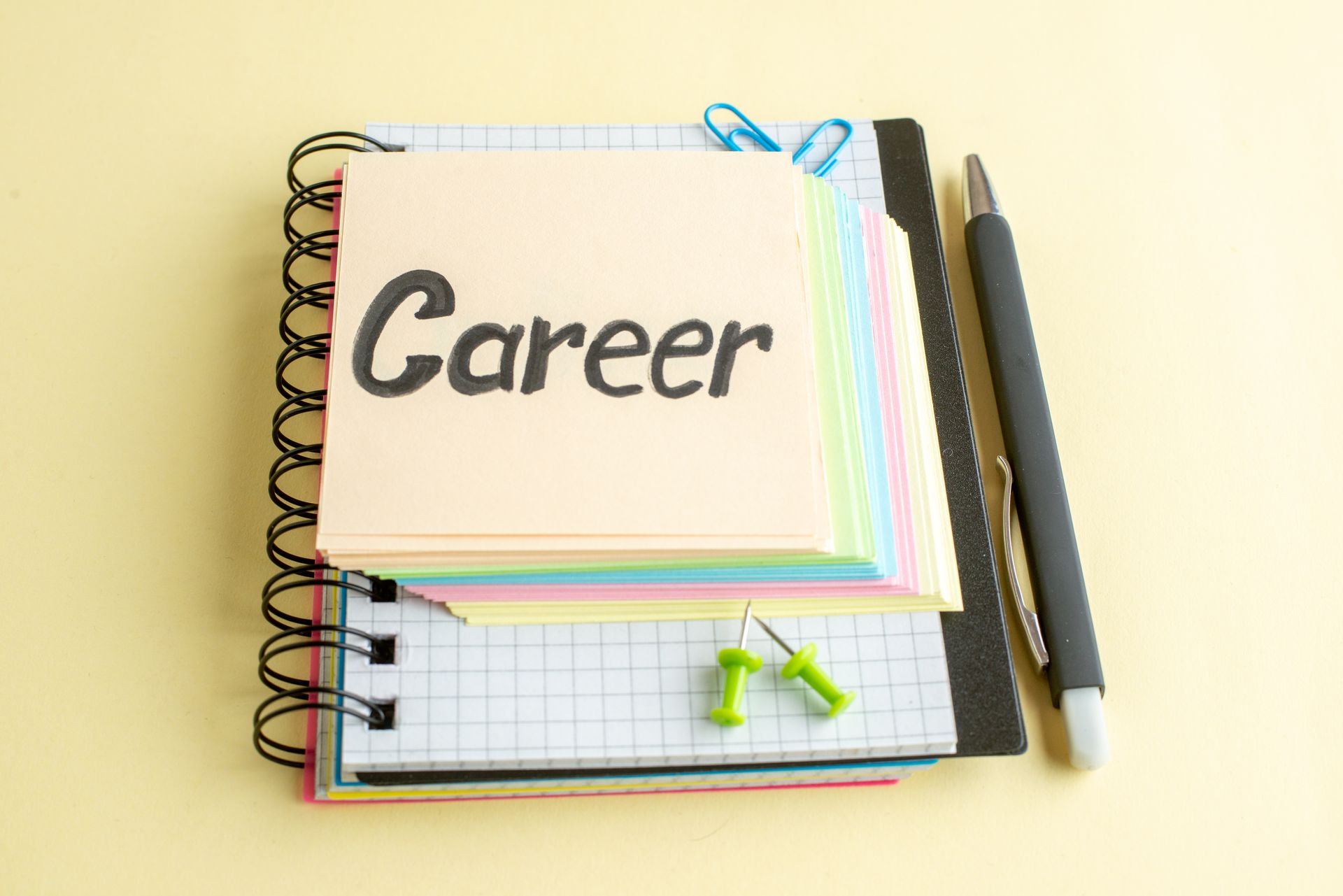AI and the Knowledge Worker
A Unique Collaboration

In the modern workplace, knowledge workers are finding that artificial intelligence (AI) is not just a tool for automation but a partner in creativity. As we navigate a world saturated with information and constant change, particularly in fields like legal tech, marketing, and product development, the marriage between human expertise and AI capabilities is proving to be not just beneficial, but essential.
Embracing the AI Collaborator
GenAI, in its many forms, has begun to take on the role of a collaborator—an assistant that offers untiring support to the human mind. Knowledge workers are using GenAI to enhance their productivity, especially when the cognitive load becomes overwhelming. Consider the task of updating a webinar abstract to reflect the latest advancements in technology; it's not just about rewording sentences but about capturing the essence of progress in a few succinct paragraphs.
When a product marketer, armed with deep domain expertise and a precise vision, partners with an GenAI like GPT-4, something remarkable happens. The marketer's knowledge and the AI's processing power combine to produce content that is both fresh and relevant. This synergy allows for the rapid iteration of ideas, with GenAI generating drafts based on specific prompts provided by the human expert.
The Power of Specificity and Iteration
What sets a successful human-AI collaboration apart is the specificity of the prompts. Knowledge workers understand that the more precise their instructions, the better the AI can tailor its output to meet their needs. Iteration is key—feeding back into the AI with refined prompts after each output, honing in on the desired message and tone.
In our example of the product marketer, it took three levels of prompts to reach a starting point for editing. The process was iterative, reflective, and nuanced, showcasing how AI can take the seed of an idea and help it blossom into a fully formed narrative, all in a fraction of the time it would take to do so manually.
Overcoming Cognitive Fatigue
One of the greatest advantages of AI collaboration is its ability to mitigate cognitive fatigue. Knowledge workers often face periods of intense focus and creativity that can lead to mental exhaustion. AI steps in as a tireless partner, ready to take on thena heavy lifting of drafting and redrafting, allowing the human mind to take a much-needed break without halting productivity.
The result is not just quicker turnaround times but also a preservation of the knowledge worker's mental resources for higher-level tasks such as strategy and decision-making. This is particularly important in industries where staying ahead of the curve is not just a benefit but a necessity.
A Model for the Future
The partnership between knowledge workers and AI is not just a trend; it's a glimpse into the future of work. As AI tools become more sophisticated, the potential for enhanced productivity, creativity, and job satisfaction increases. The key to unlocking this potential lies in the hands of the knowledge workers themselves—their expertise, their strategic use of AI, and their willingness to embrace the power of this collaboration.
Conclusion
As we continue to explore the boundaries of what AI can do, it's clear that its greatest value comes not from replacing human intellect but from augmenting it. The journey of the product marketer and GPT-4 is a testament to the symbiotic relationship that is possible between knowledge workers and AI—a relationship that promises to redefine the landscape of work for years to come.
Embrace AI as a collaborator, and watch as the symphony of productivity reaches new heights.
For more information or just to discuss. Reach out! This blog was written in collaboration with GPT-4, my ideas, my prompts, but in essence a collaboration. It's a project I am working on—tracking where/how/when I use GenAI, which model and how long the activity takes me.
Picture: FreePik




